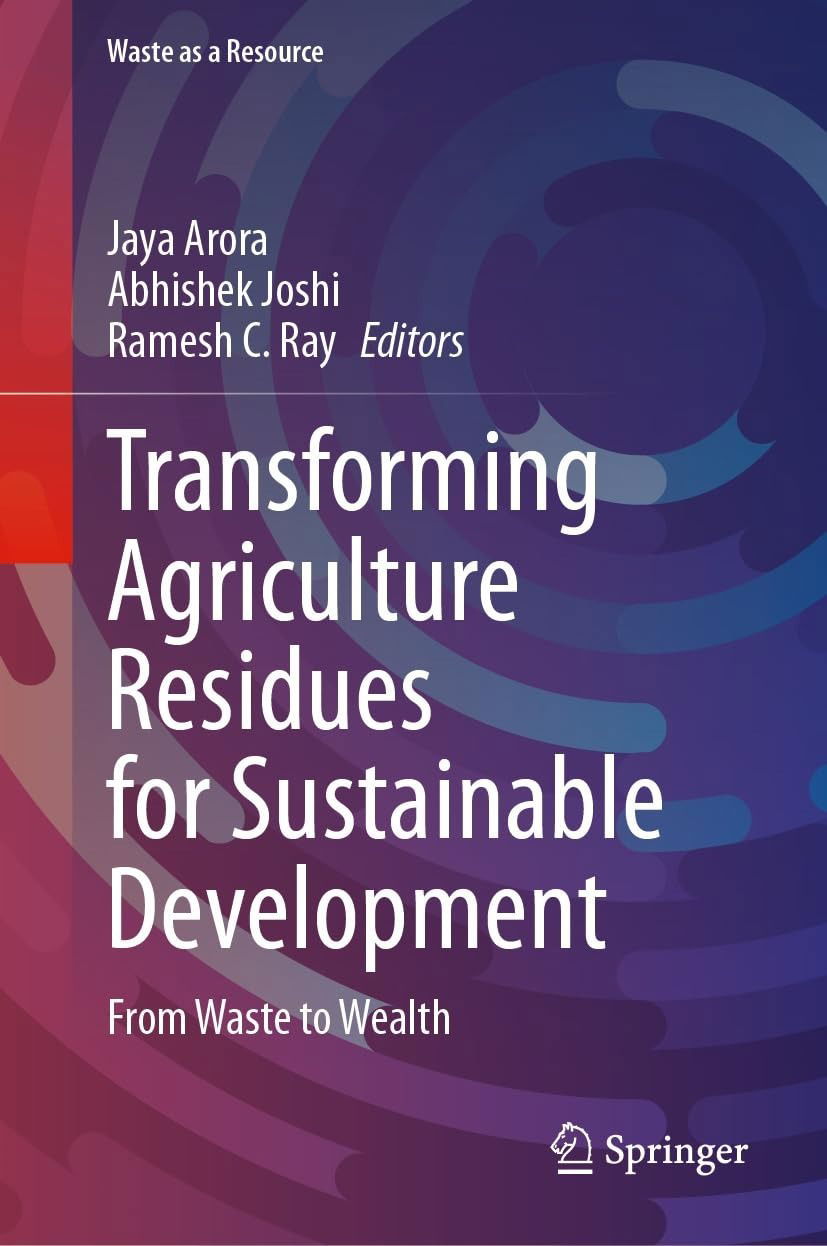Chapter 13: Utilization of Agricultural Waste for Water and Wastewater Treatment Processes (2025)

The utilization of agricultural waste for water and wastewater treatment offers advantages and opportunities. It can be a valuable resource for sustainable treatment technologies. Agricultural waste is suitable for various treatment processes. Physical processes like sedimentation, filtration, and adsorption can remove solids and pollutants. Chemical processes can be enhanced using natural and composite coagulants from agricultural waste. Biological processes like digestion and wetlands can degrade organic matter and remove nutrients. Methods and technologies have been developed for water treatment using agricultural waste. Adsorption with activated carbon and biochar removes heavy metals and pollutants. Coagulation and flocculation remove solids and turbidity. Membrane filtration with modified membranes removes microorganisms and matter. Anaerobic digestion and wetlands treat wastewater. Successful case studies include adsorption for heavy metal and pollutant removal, coagulation and flocculation for solids and turbidity removal, membrane filtration for microorganism and matter removal, and anaerobic digestion and wet- lands for wastewater treatment. Utilizing agricultural waste has advantages like using renewable and local resources, cost-effectiveness, and environmental sustain- ability. However, challenges include waste composition variability, pretreatment and modification, and potential contaminant release. Future research should focus on efficient and cost-effective technologies, parameter optimization, exploring new waste types, and evaluating long-term environmental impacts.
Chapter 13 Agri-residue book.pdf


